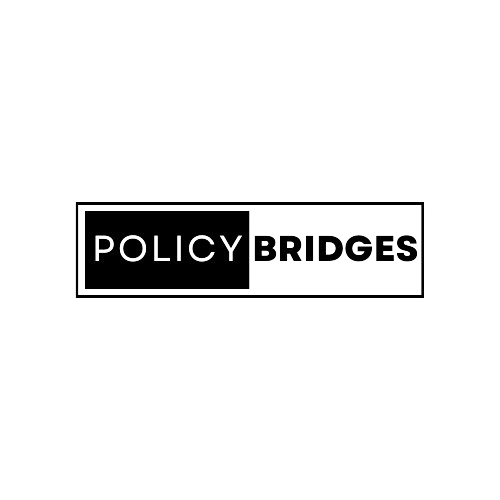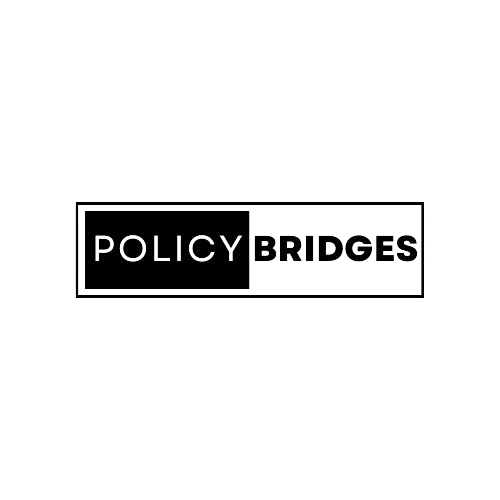Wikipedia, the world’s free encyclopedia, thrives on a collaborative spirit. However, with so many contributors and viewpoints, disagreements can arise. To ensure a productive and civil environment, Wikipedia has a well-defined dispute resolution process.
When Discussion Isn’t Enough: Recognizing the Need for Dispute Resolution
- Stalemated Discussions: If discussions on an article’s talk page reach an impasse and editors cannot find common ground, it might be time to explore dispute resolution options.
- Persistent Disruptive Behavior: In cases of repeated disruptive behavior by an editor, dispute resolution can help address the issue and restore a productive editing environment.
- Complex Content Issues: For intricate content disputes, especially those involving multiple articles or policies, dispute resolution can provide a structured approach to finding a solution.
Steps in Wikipedia’s Dispute Resolution Process
- Talk Page Discussions: The first step is always discussion on the relevant article’s talk page. Editors can present their arguments, address concerns, and collaboratively seek solutions.
- Third Opinion Requests: If discussion remains unproductive, editors can seek a neutral third opinion from another experienced editor on the issue.
- Mediation: For more complex disputes, editors can request mediation from a neutral volunteer facilitator who helps guide them towards a mutually agreeable resolution.
- Noticeboards: Wikipedia has dedicated noticeboards for specific content areas. Editors can raise content-related disputes on the relevant noticeboard to receive input from editors with expertise in that area.
- Arbitration Committee: As a last resort, highly complex or intractable disputes can be brought to Wikipedia’s Arbitration Committee, a group of elected editors who make binding decisions.
Maintaining a Civil and Productive Environment
- Assume Good Faith: A core principle of Wikipedia is assuming good faith in other editors, even in disagreements. Focus on finding solutions through respectful communication.
- Evidence-Based Discussions: Back up your arguments with reliable sources and established policies to facilitate productive discussions.
- Seeking Consensus: The goal of dispute resolution is to reach a consensus that works for all parties involved. Be open to compromise and alternative viewpoints.
By understanding and utilizing Wikipedia’s dispute resolution process, editors can work collaboratively to maintain a high-quality encyclopedia that serves everyone.
source:https://en.wikipedia.org/wiki/Wikipedia:Dispute_resolution



